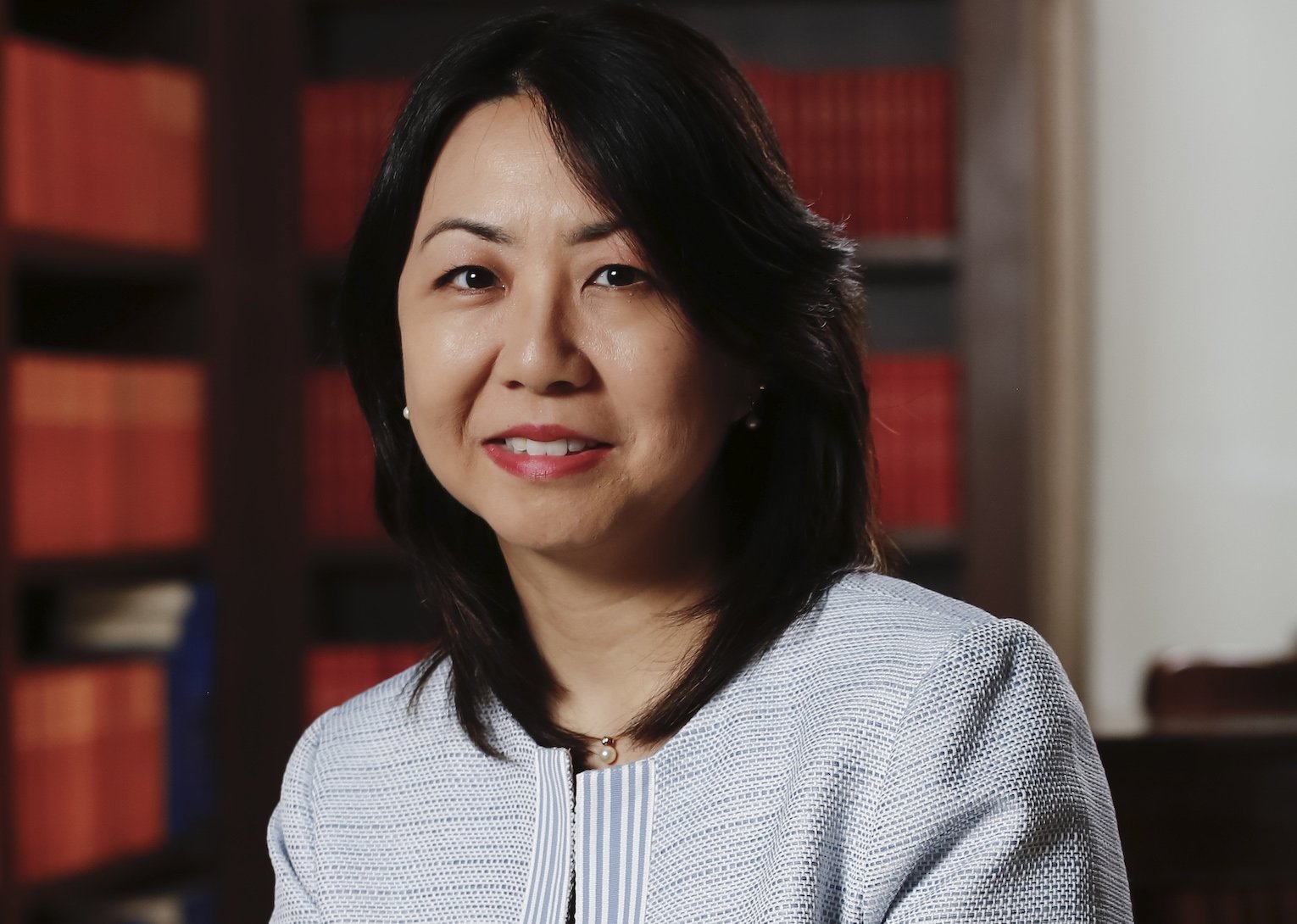Bridging the gap

Brazilian law firm Pinheiro Neto announced the opening of an office in Tokyo in 2019, and here the new office’s managing partner, Yuka Ono, talks about how the full-service firm is a pioneer in the Asian country by opening up more business opportunities between Japan and Brazil, and between Asia and the Americas.
In December, Pinheiro Neto announced the opening of an office in Tokyo, making it the first full-service Brazilian firm to have a presence in Japan, and which followed the firm’s opening of an office in Palo Alto, California, in 2018. “The new office located in Japan will enhance our relationship with current clients in Japan, and will also give us an opportunity to get closer to Japanese mid-sized companies, which have shown great interest in investing in Brazil but which have encountered several hurdles in terms of distance, language and cultural differences, not to mention the complex legal framework in Brazil,” the Tokyo office’s managing partner Yuka Ono (pictured) tells The Latin American Lawyer.
“This new office in Japan will focus on bridging this gap and opening new business opportunities between the two countries,” she says. “It will also serve as a hub in Asia to enhance business between the two continents.”
Located in Marunouchi, a neighbourhood known as the heart of Tokyo’s business district, the new office will be represented by equity partner Yuka Ono, who is fluent in Japanese and has solid expertise in the dynamics of working with Japanese companies of all sizes, the firm said.
Pinheiro Neto’s relationship with Japanese clients began in the 1970s, working with strategic investment projects in Brazil, when the firm assisted a large Japanese trading company in the potential acquisition of an ownership interest in an auto parts factory in São Paulo state, and also advised one of Japan’s largest steelmakers in the creation of a joint venture. “Currently, with more than 6,000 clients worldwide, Pinheiro Neto represents Japanese companies in a variety of segments, such as trading, heavy industry and financial, automotive, food, pharmaceutical and paper markets.
A BRIDGE BETWEEN BRAZIL AND JAPAN
The Pinheiro Neto office in Japan will work as a bridge between Brazilian and Japanese markets, by providing legal support for Japanese companies to succeed in business in Brazil,” the firm said when announcing the opening of its Tokyo office.
Japanese direct investment in Brazil totalled $2.20 billion in 2018, according to Japan’s Ministry of Foreign Affairs, while Japanese exports to Brazil totalled $4.33 billion in the same year, according to the same source. Japan’s exports were dominated by iron ore, meat, non-ferrous metals, chemicals and iron and steel, while Brazil’s exports to Japan were mostly automobiles and automotive parts, motors and metal working machinery. There are more than 50,000 Japanese citizens residing in Brazil, according to the ministry. “We have seen a still slow but steady increase in investment from Japanese companies and banks in recent years,” Ono says. “Japanese companies in general are very conservative and usually take time to make an investment decision.”
She says that this increase in investments in Brazil started before the current administration of President Jair Bolsonaro, but was put on hold due to political uncertainty.
“After the election, foreign investments in general rekindled in the country,” she says. She says that Brazil’s recent pension and tax reforms will facilitate new Japanese investment in Brazil, as well as foreign investment in general. “We represent Japanese companies doing business in all segments, but we have noted a growing interest from large companies in Brazil’s trade, construction, general consumer services (especially foods and beverages), metals, pharmaceuticals and automotive sectors,” she says. And she is also seeing a shift in the type of companies investing in Brazil.
“In the past, investments were made mostly by large trading/metal companies and financial institutions, but now medium-sized companies are showing a growing interest in investing in Brazil and, more recently, technology companies, which are increasingly interested in fintech, start-up companies in Brazil.” But there are still challenges facing investors seeking to enter the Brazilian market, she says.
“The main challenges are the complex legal framework in Brazil, mainly related to the litigation process in general, in addition to tax and labour issues. The legal environment in Brazil may be challenging to Japanese companies, which are not familiar with doing business abroad. Brazil has its specific issues, such as a wide array of taxes, legal procedures, labour lawsuits and regulatory matters, and which may pose hindrances to foreign investment,” she says.
However, new facilitation in the payment industry in Brazil as well as the labour and pension reforms have brought benefits to foreign investors, she adds.















